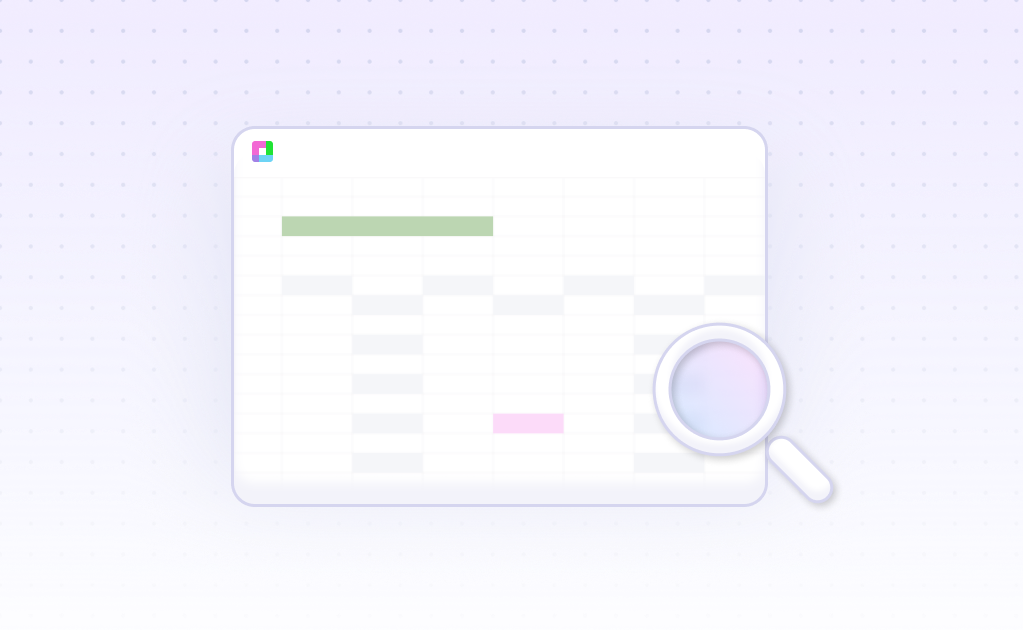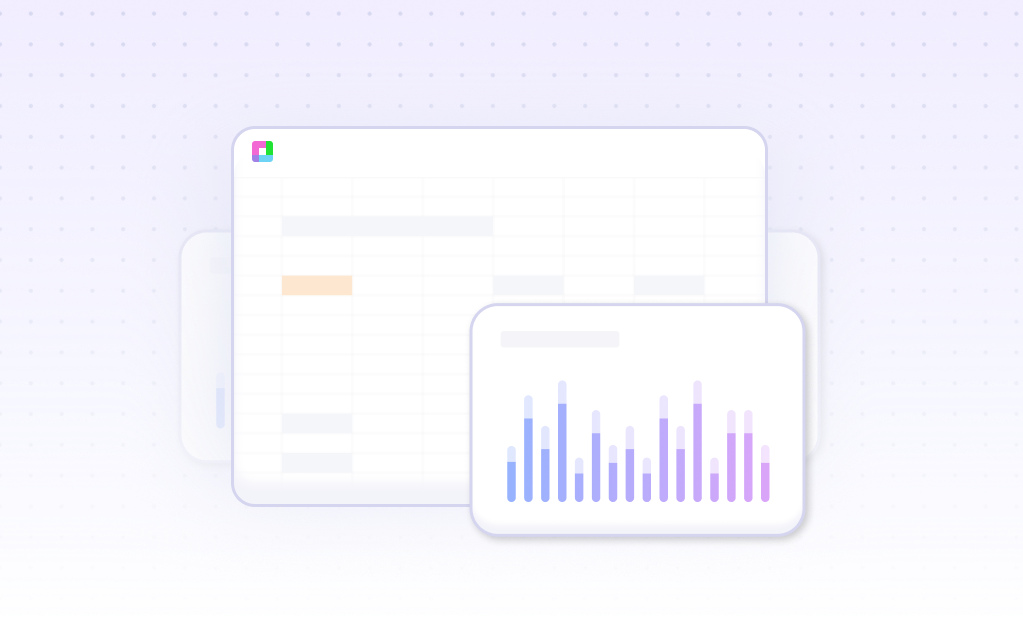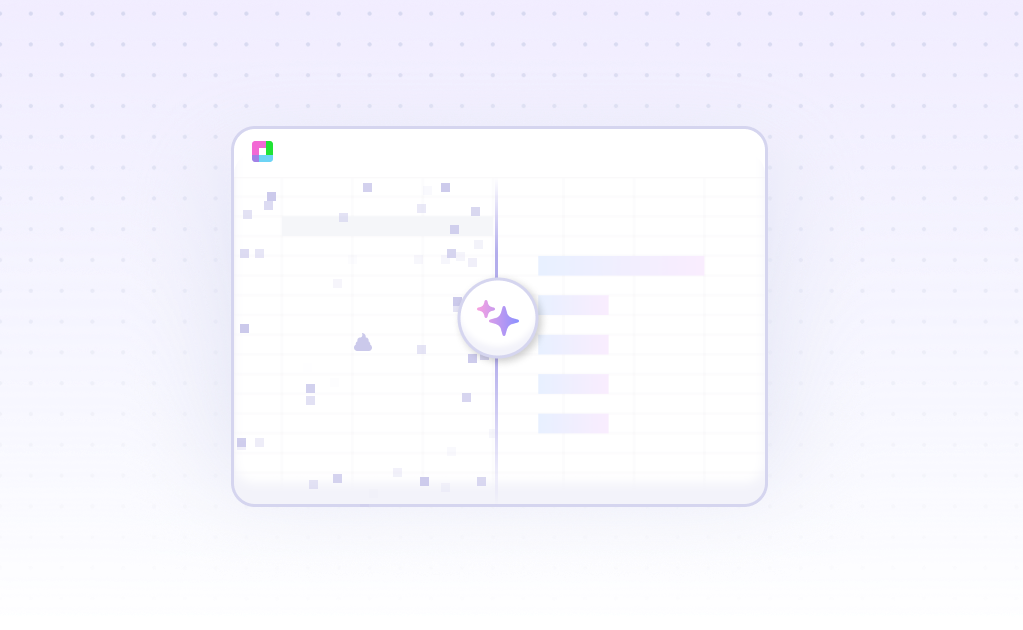
Laboratory data management has evolved from simple spreadsheets to complex systems handling millions of data points. Yet many research facilities still struggle with fragmented data silos, manual processes, and compliance challenges that slow down critical research initiatives.
Modern laboratories generate vast amounts of data from instruments, samples, experiments, and quality control processes. Without proper analysis frameworks, this valuable information remains trapped in isolated systems, preventing researchers from uncovering breakthrough insights.
Transform Your Laboratory Data Analysis
Unlock the full potential of your laboratory data with comprehensive analysis capabilities
Real-Time Sample Tracking
Monitor sample lifecycles from collection to disposal with automated tracking systems that provide instant visibility into sample status, location, and processing history.
Quality Control Analytics
Implement statistical process control with automated trend analysis, outlier detection, and control chart generation to maintain the highest quality standards.
Compliance Reporting
Generate comprehensive audit trails and regulatory reports automatically, ensuring adherence to FDA, ISO, and other industry standards with minimal manual effort.
Instrument Integration
Connect directly with laboratory instruments and LIMS systems to automatically capture and analyze data, eliminating manual transcription errors.
Batch Analysis Processing
Process large datasets from multiple experiments simultaneously, identifying patterns and correlations across different research projects and time periods.
Predictive Maintenance
Analyze instrument performance data to predict maintenance needs, optimize calibration schedules, and prevent costly equipment downtime.
Real-World Laboratory Analysis Scenarios
See how laboratory data management analysis transforms daily operations across different research environments
Pharmaceutical Quality Control
A pharmaceutical manufacturing facility processes 500+ samples daily across multiple production lines. By implementing automated data analysis, they reduced quality control review time from 2 hours to 15 minutes per batch, while improving detection of process variations by 300%. The system automatically flags samples outside specification limits and generates trend reports for regulatory submissions.
Clinical Diagnostics Laboratory
A high-volume clinical lab handling 10,000+ patient samples weekly streamlined their workflow by integrating analyzer data with sample management systems. Real-time analysis identifies critical values within seconds of testing, automatically triggering physician notifications. Quality metrics tracking reduced repeat testing by 40% and improved turnaround times by 25%.
Environmental Testing Facility
An environmental laboratory analyzing water, soil, and air samples for regulatory compliance automated their data validation process. The system cross-references results against EPA standards, tracks chain of custody, and generates client reports automatically. This reduced reporting time from 3 days to 4 hours while ensuring 100% compliance with environmental regulations.
Research University Core Facility
A university core facility serving multiple research groups implemented centralized data management to track equipment usage, sample processing, and billing. Automated analysis provides researchers with real-time experiment status updates and generates detailed usage reports for grant reporting. Equipment utilization increased by 35% through optimized scheduling algorithms.
Food Safety Laboratory
A food testing laboratory processing samples for pathogen detection and nutritional analysis automated their data workflow from sample receipt to final reporting. The system tracks temperature logs, incubation times, and test results while automatically calculating statistical confidence intervals. This reduced manual data entry errors by 95% and accelerated report delivery to clients.
Contract Research Organization
A CRO conducting preclinical studies for pharmaceutical clients integrated data from multiple analytical platforms including LC-MS, NMR, and bioanalytical assays. Automated data processing and statistical analysis reduced study reporting timelines by 50% while maintaining regulatory compliance standards. Cross-study comparisons became possible through standardized data formats.
How Laboratory Data Analysis Works
A systematic approach to transforming your laboratory data management
Data Integration & Collection
Connect your LIMS, instruments, and existing databases into a unified analysis platform. Automated data extraction eliminates manual entry while maintaining data integrity and audit trails.
Quality Assessment & Validation
Implement automated quality checks including range validation, duplicate detection, and statistical outlier analysis. Flag potential issues before they impact results or compliance.
Advanced Analytics & Visualization
Apply statistical analysis, trend identification, and predictive modeling to your laboratory data. Generate interactive dashboards and reports that provide actionable insights.
Automated Reporting & Alerts
Create custom reports for different stakeholders and set up intelligent alerts for critical situations. Ensure regulatory compliance with automated documentation.
Advanced Laboratory Data Analysis Techniques
Statistical Process Control (SPC)
Implement control charts and capability studies to monitor laboratory processes in real-time. SPC techniques help identify when processes are trending out of control before they impact product quality or patient safety.
Method Validation Analytics
Automate the statistical analysis required for analytical method validation including precision studies, accuracy assessments, and linearity evaluations. Generate validation reports that meet regulatory requirements automatically.
Multivariate Data Analysis
Apply principal component analysis (PCA) and partial least squares (PLS) regression to complex spectroscopic and chromatographic datasets. Identify hidden patterns and correlations across multiple analytical parameters.
Stability Study Management
Automate stability testing workflows with shelf-life predictions, degradation kinetics modeling, and statistical trending analysis. Generate stability reports for regulatory submissions with confidence intervals and statistical justifications.
Laboratory Data Sources We Analyze
Comprehensive analysis capabilities for all types of laboratory data
Analytical Instrumentation
HPLC, GC-MS, LC-MS, NMR, FTIR, UV-Vis, and other analytical instrument data with automated peak integration and quantification.
Sample Management Data
Chain of custody, storage conditions, expiration tracking, and sample genealogy with full audit trail capabilities.
Quality Control Metrics
Control samples, reference standards, calibration curves, and proficiency testing results with statistical evaluation.
Environmental Monitoring
Temperature, humidity, pressure logs, and cleanroom monitoring data with automated trend analysis and alert systems.
Frequently Asked Questions
How does laboratory data analysis improve compliance?
Laboratory data analysis automates documentation, creates comprehensive audit trails, and generates regulatory reports that meet FDA 21 CFR Part 11, ISO 17025, and other industry standards. The system tracks all data modifications, maintains electronic signatures, and provides complete traceability from raw data to final results.
Can I integrate with existing LIMS systems?
Yes, our platform integrates with major LIMS systems including LabWare, Thermo Scientific SampleManager, Abbott STARLIMS, and others. We support standard data formats like HL7, XML, and CSV, as well as direct database connections for real-time data synchronization.
What types of statistical analysis are available?
The platform includes descriptive statistics, hypothesis testing, regression analysis, ANOVA, control charts, capability studies, method validation statistics, and advanced multivariate analysis techniques. All calculations follow industry-standard statistical methods with full documentation.
How is data security handled in laboratory environments?
We implement enterprise-grade security including encrypted data transmission, role-based access controls, audit logging, and compliance with HIPAA, GDPR, and other data protection regulations. All data is stored in secure, validated cloud infrastructure with regular security audits.
Can the system handle high-throughput laboratory operations?
Absolutely. Our platform scales to handle millions of data points from high-throughput screening, automated analyzers, and large-scale production environments. Parallel processing capabilities ensure rapid analysis even with massive datasets.
What training is required for laboratory staff?
The intuitive interface requires minimal training for basic operations. We provide comprehensive training materials, video tutorials, and ongoing support. Most laboratory professionals become proficient within 1-2 weeks of regular use.
How does predictive analytics work for laboratory equipment?
The system monitors instrument performance metrics, analyzes historical maintenance data, and uses machine learning algorithms to predict when equipment may need calibration or maintenance. This proactive approach reduces unplanned downtime and ensures consistent analytical performance.
Can I create custom reports for different stakeholders?
Yes, the platform includes a flexible report builder that allows you to create custom reports for laboratory management, quality assurance, regulatory agencies, and clients. Reports can be automated and scheduled for regular delivery via email or secure portals.
Frequently Asked Questions
If your question is not covered here, you can contact our team.
Contact Us




